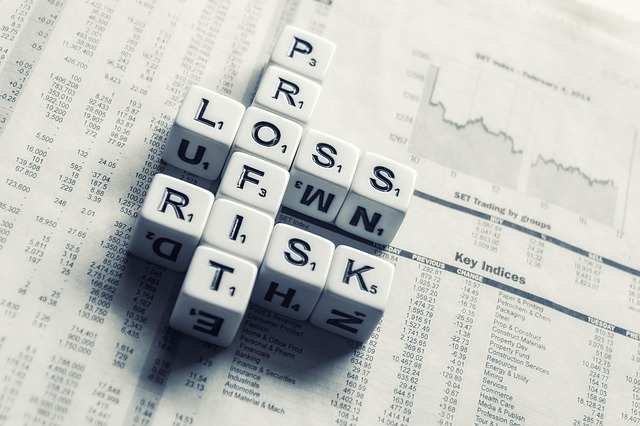
It’s hard to imagine inflation not having a negative impact on our economy. The simple definition of inflation is when the value of a dollar drops due to rising prices. When the dollar drops in value, we lose our purchasing power; goods and services are harder to buy. That’s how inflation affects everyday economics, but how does it impact long-term investments? We buy stocks and bonds to seed a future return, so does high inflation throw a wrench into that plan? Kristina Zucchi and Charles Potters report of Investopedia.com, on how inflation affects our investments in the stock market returns.
Seniors make for good investors; they usually have the time, money, and patience to see an investment through. Those qualities also help fend off inflation. It’s no surprise to say that inflation is bad for the stock market, and that investments are impacts too; however, it may come as a surprise to know that different stocks are affected in different ways.
Different Types of Stocks
When looking at inflation’s affect on the stock market, it’s important to know the difference between a “value” stock and a “growth” stock. A value stock is a stock that’s being traded below its actual value, offering a better return when it raises to its real worth. A growth stock is a stock that has the potential to surpass the overall market with enough time. Inflation hits these two types of stocks differently.
Both stocks suffer a negative impact, but growth stocks are hit harder. Growth stocks represent new companies with potential, and inflation can hinder any opportunities for generous growth. So, what in a normal economy would be a powerhouse stock, it’s slow to make a profit in times of inflation. Value stocks represent established companies that make a profit. Since these companies don’t have to worry about maintaining exponential growth, their stocks aren’t affected as harshly.
How to Respond when Inflation Affects Our Investment
Investing is hard. To be good at it, you must be able to predict the future, which demands practice. If you’re looking into investing, this is not the time to do it. If you’re a seasoned investor, you still need to understand how inflation affects our investments. Diversifying your portfolio is essential, with a healthy balance of value and growth stocks. Monitoring growth stocks is a straightforward way to monitor inflation; once they start to rise, you’ll see that inflation is decreasing. Value stocks will help maintain your level of investment, without hurting it too much.
Retirement is expensive, and investing is risky. Only invest if you can afford to lose. For seniors on a fixed income, it might not be the right time; for those that can, you still have to be smart with your risk. The Council for Retirement Security was created to defend the Social Security Trust to guarantee retirement for every senior. Seniors make for good investors, and with proper strategy, timing, and faith those investments can pay off.



